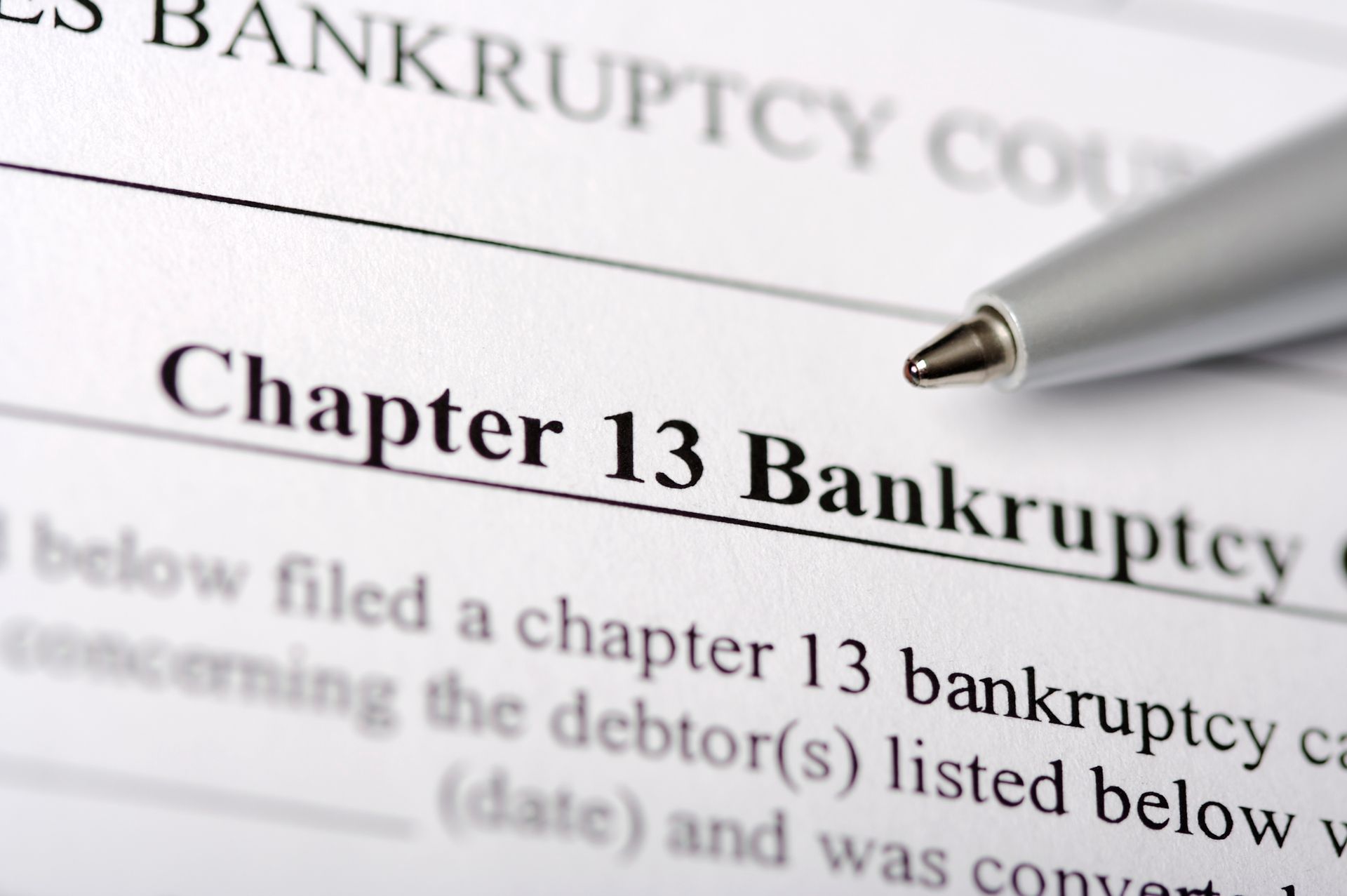7 Things You Must Do After You Sell Your Home in Monmouth County

When selling your home, it can seem like your to-do list is never-ending. Repairs and maintenance, packing and moving, listing and showing your home — all of this can be stressful. Once the sale is finalized, you can finally breathe a big sigh of relief. But there may be a few things you need to add to your to-do list. As a real estate lawyer in Monmouth County, Veitengruber Law works with sellers to ensure all the little details are correct—before and after closing. Here are 5 things you can check off your to-do list after the sale of your home:
1. Confirm Closing Payoffs
After closing, ensure that all funds have been transferred correctly. This includes:
- Mortgage Payoffs: Your mortgage lender will give you a payoff amount to settle your loan. You should check with your mortgage servicer to ensure that the loan is fully paid. You should also receive a confirmation letter stating that your mortgage was paid in full.
- Late Property Taxes: Unpaid late property taxes are typically cleared during the closing process. You can confirm that taxes have been settled by contacting the tax office of the municipality where the property is located.
- Liens or Judgments: Liens or judgments associated with your property must be paid at or before closing. You can confirm this by contacting the lienholder or the court. The title agency or attorneys working on your closing should also be able to help verify that these issues are resolved.
This information should all be in the closing documents you receive at settlement. Confirming these payoffs with the entity listed in the closing documents is crucial to avoid future financial and legal setbacks. Keep any confirmations in your records.
2. Retain All Documents
You should hold on to any documents you received throughout the sale of your home, including the settlement statement, deed transfer paperwork, and any contracts you signed. If any questions about the sale arise in the future, you will have the necessary documentation to resolve any issues quickly. These documents can also help when it comes time to file your taxes. Keep hard copies in a safe, secure location where they will be protected from damage. For electronic copies, store them with an encrypted cloud service or a digital filing service that offers authentication procedures.
3. Prepare for Tax Season
How you must prepare for tax season depends on your specific situation. If you made a significant profit from the sale of your home, you should likely consult with an experienced tax professional to understand what capital gains taxes you could owe. A tax professional will be able to help you prepare by calculating how much you may owe in taxes and helping you correctly apply for the exclusion. This number will change depending on how long you have had the property, your filing status, and any deductions you qualify for.
Many home sellers benefit from the Primary Residence Capital Gains Exclusion, which allows individuals to exclude up to $250,000 of capital gains from their income, with married couples filing jointly able to exclude up to $500,000. This exclusion is designed to help homeowners avoid a significant tax liability when they sell. To qualify for this exclusion, the home must have been the primary residence for at least two out of the five years preceding the sale of the house.
4. Update Your Estate Plan
When selling your home, it's also a good idea to update your estate plan documents. If your home is listed in a will, power of attorney, trust, or any other legal documents related to your estate, you need to revise these directives. If you have significant profit from your sale, you will also need to factor this new wealth into your estate plans. Veitengruber Law is an estate planning and real estate law firm in Monmouth County, and we can help ensure you are protecting your assets before and after the sale of your home.
5. Update Your Address
Don't overlook the steps required to update your mailing address correctly. You can submit a change-of-address request with the postal service so that any mail sent to your old home will be forwarded to your new address.
You should also take the time to update your address on all critical accounts, such as your bank, credit cards, insurance, investment accounts, and utilities. You should also inform your employer of your move. Notifying government agencies, such as the DMV and Social Security Administration, can also ensure you receive timely notifications from these entities. And, of course, you should inform your friends and family of your move so that those holiday cards reach the correct address.
Veitengruber Law has been assisting New Jersey homeowners with selling their homes for over a decade. We can work with you to tackle your to-do list before, during, and after the sale.










